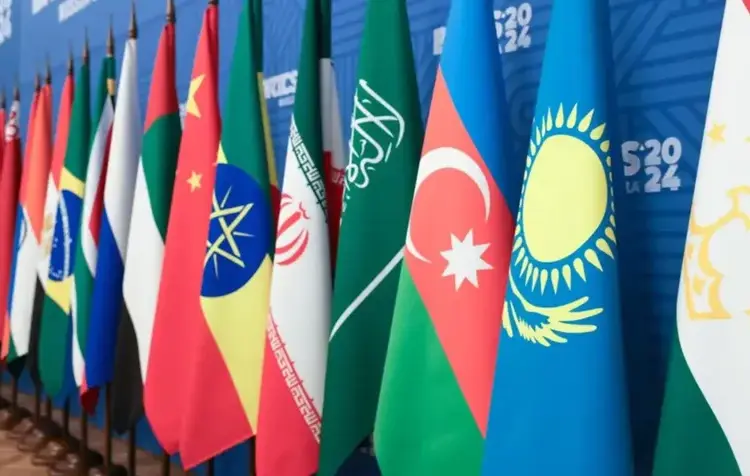Cuba, Bolivia, and seven other countries are now part of BRICS. Brazil’s Ministry of Foreign Affairs, which currently chairs the group, announced the news on Friday (17). With the addition of these new members, the diplomatic grouping now includes the following partner countries: Belarus, Bolivia, Kazakhstan, Cuba, Malaysia, Nigeria, Thailand, Uganda, and Uzbekistan.
The partner country category was created at the 16th BRICS Summit in Kazan, Russia, in October 2024. As partners, the new members hold a lower status than full members but can participate in summits and thematic meetings.
Initially, the group included Brazil, Russia, India, and China and was known by the acronym BRIC. In 2010, it added South Africa and adopted the name BRICS.
Since January 1st, Brazil has held the temporary presidency of the group for a one-year term. However, the most recent members were included during Russia’s presidency in 2024.
Negotiations to expand the group to new partners began in 2023. At that year’s summit in South Africa, six more countries were approved for entry: Saudi Arabia, Egypt, the United Arab Emirates, Ethiopia, and Iran. Saudi Arabia has not yet officially accepted the invitation. Argentina was initially on the list but withdrew after Javier Milei took office.
In a statement published on its official website, Brazil’s Ministry of Foreign Affairs highlighted Nigeria’s entry into the grouping.
“As the 6th largest population in the world and the largest in Africa, as well as one of the largest economies on the continent, Nigeria has convergent interests with the other members of the grouping, actively working to strengthen cooperation in the Global South and reform global governance, priority issues for the current Brazilian presidency.”




